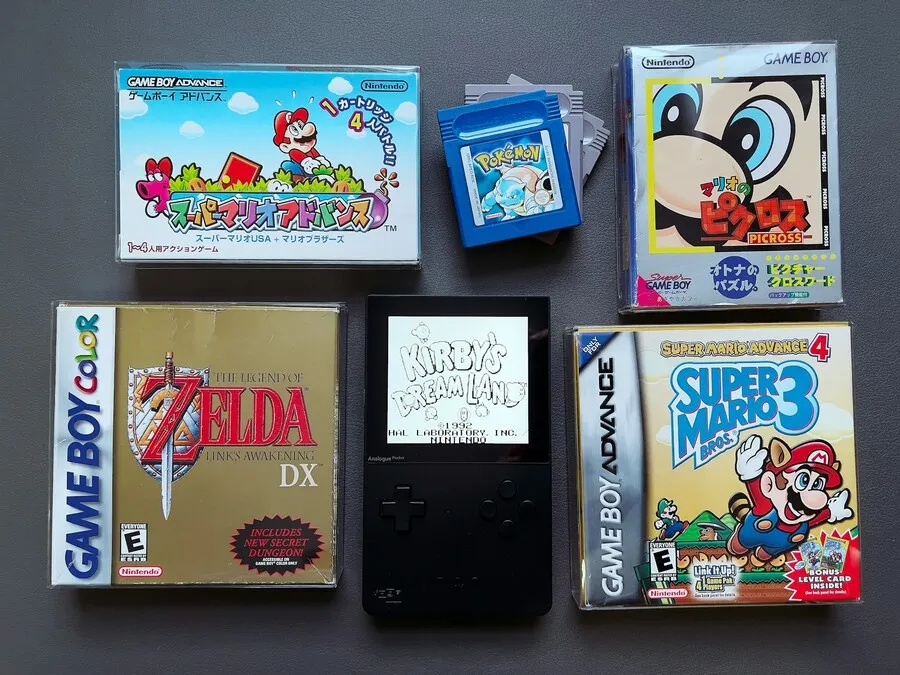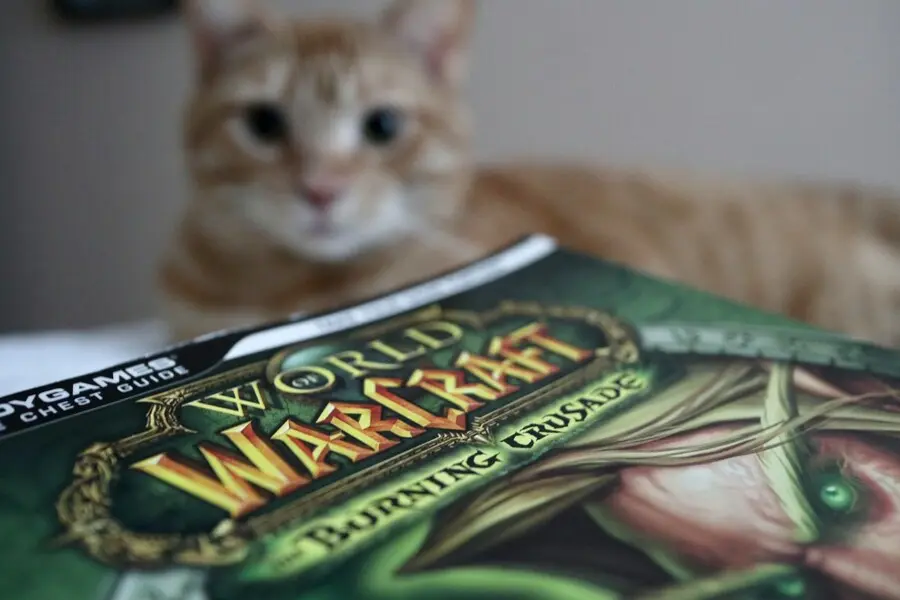Wouldn’t it be great to be able to write a song especially for a special celebration, or to honor someone that you love? Some people seem to have a natural talent for writing songs. Perhaps you’ve always believed you aren’t one of those people. Think again. If you’ve ever had the inkling to write a song, you probably have what it takes. All you need are a few tools to help you get started.
Would it surprise you to know that many bestselling books, blockbuster movies, and even songs started out as nothing but a title? Believe it or not, starting with nothing but a title is your best bet. Forget lyrics for now. Don’t worry if you can’t read music and don’t play an instrument. Focus on a title. The title should be born from the heart of the song, your inspiration for writing a song. What is it that moved you to want to write a song in the first place? That’s what your title should be.
Some rules of thumb for titling your song: keep it fairly simple. Three to five words are usually best. Sometimes one or two words can capture the emotion as well as 3 or 4. More than five is typically too many, unless it’s a comedy song. The title will often appear as a line somewhere in the lyrics of the song. But this isn’t necessarily the case. The title may simply reflect the subject of the song, or even who the song is for/about (for example: “Nadia’s Theme”).
Once you have a title, you have a starting point, a place from which your thoughts can flow. Now you need to think structure. Most every song ever written follows a similar structure: a verse, chorus, another verse, chorus, bridge, and chorus. A good pop song usually has no more than 2 to 3 verses at most. Don’t stress out too much over stanza numbers. You’ll probably want more than one, but if you can’t come up with more than two your song will be just fine. Similarly, don’t go overboard. Most listeners will fall asleep long before the ninth stanza.
When it comes to the chorus, four to six lines are probably adequate. You may even have as many as eight, but more than that and your song may become drudgery. An experienced songwriter may pull off a ten-line chorus, but for your first try you should keep it simple.
The bridge of the song is something like a short interlude. It too should be fairly simple, no more than four to six lines in length. The bridge is the part of the song that ties all of your thoughts together. It might be the solution to the problem you are singing about. It might be an epiphany that has resulted from all of the other thoughts in the song. It should not present a new thought, however; otherwise it’s not really a bridge, and it’s just another verse. It should be a natural segue from the ideas presented in the verses to the chorus.
Once your words are complete, you can focus on the melody. If you read music and play an instrument, this part is probably easy for you. If you aren’t a skilled transcriptionist and you want to have the music scored out, you may need to enlist someone to transcribe for you. This is probably not a necessity, though, unless you plan to have it played by a band or you want to market it.
Chances are, for your first attempt, just you and a piano or guitar will suffice. If you don’t read music, you can find a musical friend to help, or even hire a professional. This is an especially good idea if you plan to present the song publicly.
Your first song doesn’t have to be a billboard hit. Music is meant to touch the soul. If that’s what your song has done, even for just a few people, then you’ve accomplished what you set out to do. Writing songs just for your own personal benefit can be a good thing, even if no one else hears them. It can be very therapeutic, and it’s an excellent way to express your inner emotions. Once you start, you might find you have a knack for song writing after all.
Source by Duane Shinn













